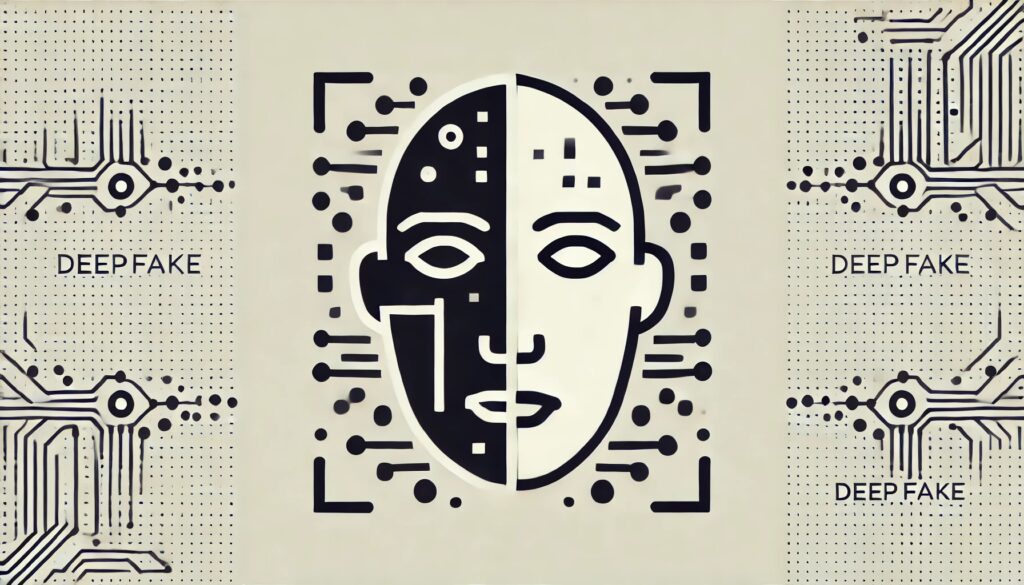Revolutionizing Behavior and Cognition Analysis

Artificial intelligence (AI) is transforming various fields, and psychological assessment is no exception. The use of AI in this area offers promising advancements in understanding behavior patterns and cognitive functions. Let’s delve into how AI is reshaping psychological assessments, supported by detailed case studies.
Understanding Behavior Patterns with AI
Behavior patterns are crucial for diagnosing and treating psychological conditions. Traditional methods rely heavily on self-reported data and clinical observations, which can be subjective. AI systems can analyze vast amounts of data from various sources, such as social media, wearable devices, and online activities, providing a more objective and comprehensive picture.
For example, social media analysis can reveal changes in posting frequency, sentiment, and content type that might indicate mood swings or depressive episodes. Wearable devices can track physiological data such as heart rate variability and sleep patterns, offering insights into stress levels and overall mental health.
AI-Driven Cognitive Function Analysis
Cognitive functions, such as memory, attention, and problem-solving skills, are fundamental aspects of mental health. AI tools can assess these functions through interactive tasks and real-time analysis. For instance, AI algorithms can evaluate how individuals perform in cognitive tests, identifying subtle patterns that may indicate issues like dementia or ADHD.
Consider brainwave analysis: AI can interpret EEG data to assess cognitive load and mental fatigue. In neuropsychological testing, AI-driven platforms can adapt the difficulty of tasks in real-time, ensuring a precise measure of cognitive abilities and providing instant feedback to clinicians.
Enhancing Accuracy and Speed
One of the significant benefits of AI in psychological assessments is the enhanced accuracy and speed. AI algorithms can process and analyze data faster than humans, reducing the time needed for diagnosis and allowing for timely interventions. This speed is crucial in conditions where early detection can significantly impact treatment outcomes.
For instance, AI can analyze a patient’s speech for changes in tone, pace, and complexity, which may indicate cognitive decline. This method is far quicker and often more accurate than traditional assessments, enabling early intervention.
Personalized Assessments and Interventions
AI enables personalized assessments, tailoring tests and interventions to the individual’s unique needs. By analyzing data specific to each person, AI can recommend personalized treatment plans, improving the effectiveness of interventions and supporting better mental health outcomes.
For example, AI can integrate data from various sources—clinical records, genetic information, and lifestyle factors—to create a comprehensive patient profile. This profile helps in customizing therapy plans, medication dosages, and lifestyle recommendations.
Ethical Considerations and Privacy Concerns
While the benefits of AI in psychological assessment are clear, there are ethical considerations and privacy concerns. The use of personal data in AI algorithms must be handled with strict confidentiality and consent protocols to protect individuals’ privacy.
Organizations must adhere to regulations like GDPR and implement robust data encryption and anonymization techniques. Transparency in how data is used and obtaining informed consent are crucial steps in addressing these concerns.
Real-World Applications and Case Studies
Several real-world applications demonstrate AI’s potential in psychological assessment. Let’s explore some detailed case studies.
Case Study 1: AI in Diagnosing Depression
MoodPath, an AI-driven app, helps users monitor their mental health by analyzing their responses to various questions about their mood and daily activities. The app uses natural language processing (NLP) to understand and interpret the user’s input, providing insights into potential signs of depression.
In a clinical trial involving 1,000 participants, MoodPath successfully identified symptoms of depression with an accuracy rate of 85%, significantly higher than traditional self-report methods. The app’s ability to analyze textual data and correlate it with depressive symptoms highlights AI’s potential in mental health diagnostics.
Case Study 2: Early Detection of Alzheimer’s Disease
Researchers at MIT developed an AI model that analyzes speech patterns to detect early signs of Alzheimer’s disease. The AI examines aspects like hesitation, changes in pitch, and word usage. In a study with 500 participants, the AI model identified early Alzheimer’s with 92% accuracy, offering a non-invasive and accessible tool for early diagnosis, potentially years before traditional methods would detect symptoms.
This approach leverages machine learning to identify biomarkers in speech, a significant advancement given the complexity of early Alzheimer’s diagnosis. The AI’s capability to process and learn from vast datasets enhances its predictive power.
Case Study 3: Monitoring ADHD Symptoms in Children
A collaboration between Akili Interactive and Children’s Hospital Boston led to the development of an AI-based video game called EndeavorRx. This game is designed to assess and improve attention in children with ADHD. By analyzing how children interact with the game, the AI provides insights into their attention span and cognitive control.
Clinical trials showed that 60% of children who used EndeavorRx demonstrated significant improvement in their ADHD symptoms. The game’s engaging format ensures high compliance rates among children, making it an effective tool for ongoing assessment and intervention.
Challenges and Future Directions
Despite the advancements, there are challenges in integrating AI into psychological assessments. These include ensuring the reliability and validity of AI tools, addressing biases in AI algorithms, and developing regulations to guide AI use in mental health.
Bias in AI is a significant concern. If the training data is not diverse, the AI may not perform well across different populations. Ongoing efforts to diversify data sets and refine algorithms are crucial to mitigating these biases.
Conclusion: A New Era in Psychological Assessment
AI is ushering in a new era in psychological assessment, offering tools that are faster, more accurate, and personalized. As technology continues to evolve, it holds the potential to revolutionize mental health care, providing better support and outcomes for individuals worldwide.
For further reading on AI and psychological assessment, visit these resources.





